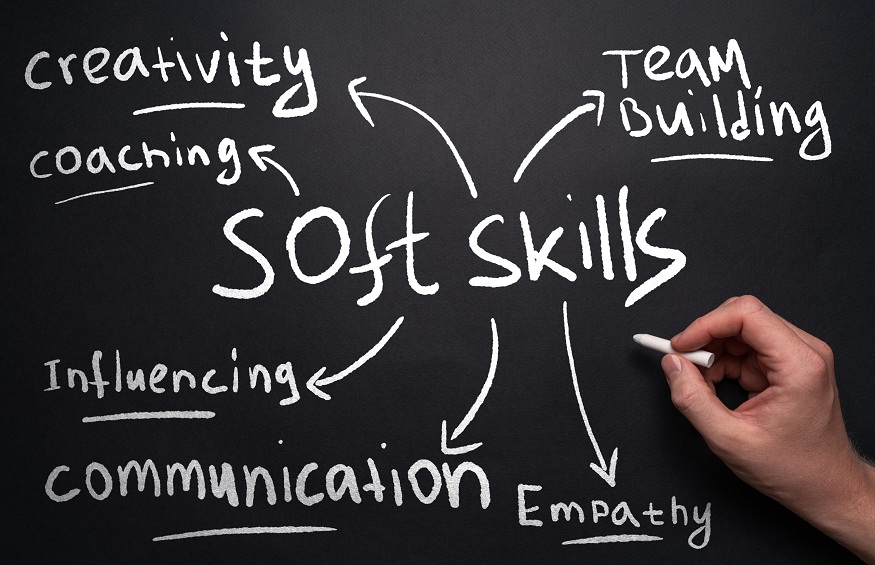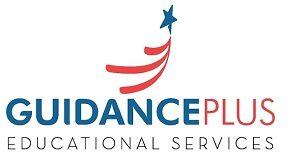
Although a stellar CV and exceptional technical skills are necessary for a position of responsibility, it is the soft skills that will allow you to put your abilities to good use to create a positive and productive environment. Employers have understood this and are therefore increasingly likely to emphasize soft skills during their recruitment campaigns.
A 2014 Careerbuilder survey of 2,138 hiring managers and HR professionals found that 77% believe soft skills are just as important as hard skills. The 10 soft skills most valued by employers are communication, organization, teamwork, punctuality, critical thinking, sociability, creativity, interpersonal communication, adaptability and friendly personality.
Despite this enthusiasm for soft skills, the offer remains insufficient. A 2016 study by economist Guy Berger indicates that recruiters in the United States face a “soft skills shortage”. If 59% of professionals surveyed believe that it is difficult for them to find profiles with soft skills, 58% of them consider that this shortage has a negative impact on the productivity of their company. Indeed, there is a direct correlation between soft skills and the key performance indicators of the company, namely productivity, efficiency, quality of goods and services and, at the end of the line, the turnover. business. Technical skills are certainly necessary for organizations to succeed,
How to communicate around your soft skills?
It is clear that your emotional intelligence and your soft skills can give you a head start and a definite professional advantage over other candidates for the same position. But announcing that you have a high emotional quotient during a job interview will be badly perceived by your interlocutor who may even consider that your EQ is lower than what you claim. Likewise, adding a “soft skills” section to your CV may not be a good idea. It is best to talk about your soft skills in your cover letter, trying to contextualize each soft skill according to the missions and achievements in which you use it. Be sure to incorporate examples of teamwork, problem solving, and creativity into your cover letter.
Here is an example of what you could include in a cover letter:
The objections were calmly negotiated and the team’s apprehensions were thus dispelled, giving way to a climate of enthusiasm around this new system, thanks in particular to the solid arguments that I presented as to its advantages in terms of productivity and reduction of manufacturing waste. »
Here, the focus was placed by the candidate on the following soft skills: coaching, negotiation, problem solving and creating cohesion around a common goal. The employer will certainly be very attentive to this type of argument, because he has every interest in having harmonious and united teams within the company.
At the American Business School of Paris, we are committed to training profiles with soft skills and high EQ. To do this, the school provides its students with all the means necessary for their intellectual development, through a wide range of activities, in addition to programs inspired by the Anglo-Saxon educational system which encourages teamwork, curiosity, creativity and critical thinking.

 Tech Industry Myths That Might Be Holding You Back
Tech Industry Myths That Might Be Holding You Back  How to Prepare Your Child for Their First Swimming Lesson
How to Prepare Your Child for Their First Swimming Lesson  Top 6 Professional Courses After 12th Arts To Build A Strong Career Foundation
Top 6 Professional Courses After 12th Arts To Build A Strong Career Foundation  Know How To Secure Admission In Top UK Universities: Tips For Overseas Applicants
Know How To Secure Admission In Top UK Universities: Tips For Overseas Applicants  Learn AI, ML, and Analytics: Data Science Classes in Pune
Learn AI, ML, and Analytics: Data Science Classes in Pune